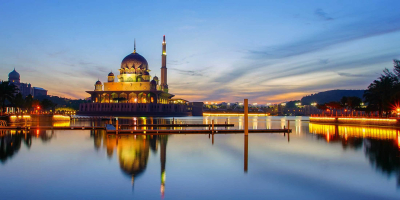Top 7 Panama Culture, Customs, and Etiquette
For centuries Panama has been a crossroads for humanity and a meeting point for peoples, goods and ideas. The land that has become modern-day was settled by ... read more...ancient civilizations thousands of years ago. This country boasts a rich mosaic of cultural diversity where indigenous roots meet African heritage and Spanish influence. It is also a place that many travelers have passed through for hundreds of years. Here is a list of Panama culture, customs, and etiquette.
-
Panamanians always wash their hands before eating and rarely use their hands to touch food. Everything, including fruit, should be eaten with a knife and fork. When eating or drinking, they always use a napkin. It is not acceptable to use toothpicks in public unless you cover your mouth with your other hand.
You should plan on long meals (two hours or more for lunch) when dining in Panama. Business should not be discussed during meals unless your host brings it up. Guests are served first, followed by men, children, and women, as well as the cook.
Panamanians typically tend to eat quietly. It is considered impolite to burp or make noise with plates and cutlery. They have a habit of finishing everything on their plate. Taking more food than one can eat and leaving unfinished food on one's plate is considered impolite because it implies that the person did not enjoy the food. When dining out, people frequently raise their hand and motion for the waiter to come to them.
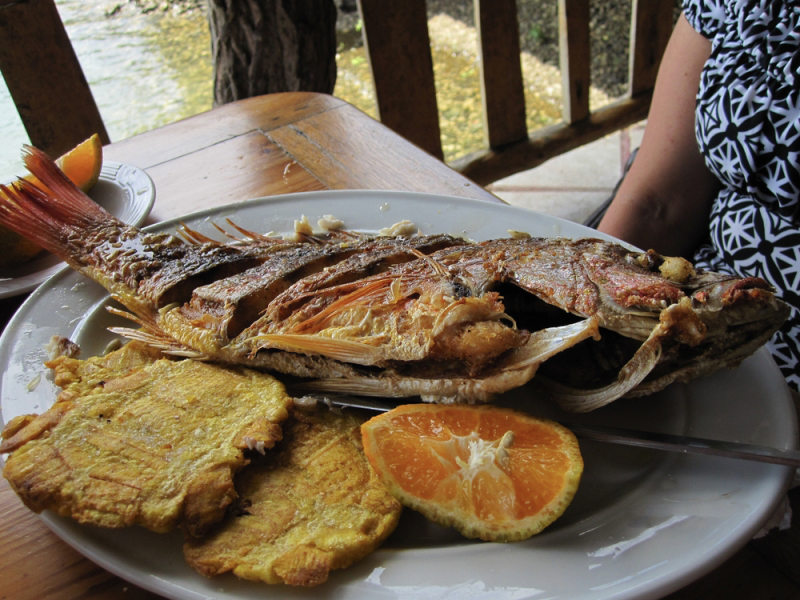
amigofoods.com 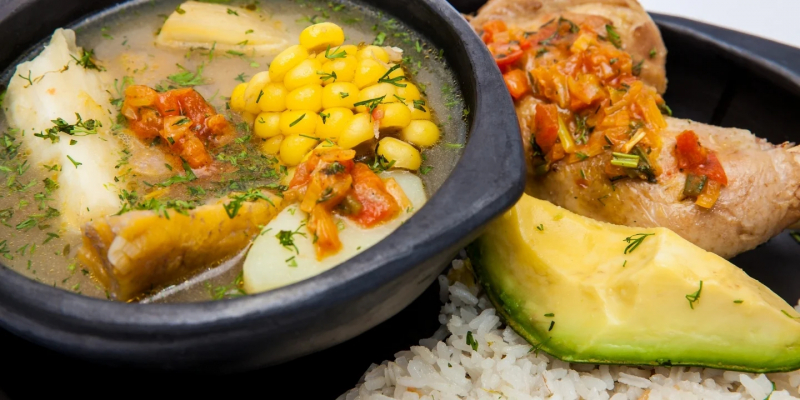
publications.panamaforlife.com -
While Americans typically adhere to their schedules, Panamanians have a much more flexible relationship with time. Tranquilo is a word that you may come across while traveling in Panama. It means calm or peaceful and can be applied to a person, place or situation. It’s also a good example of the Panamanian perception of time. Similar to the practices of people in other Latin American countries, Panamanians do not place high importance on punctuality. Showing up late is normal and in many cases expected – it’s not uncommon for guests to arrive an hour or two late to a dinner party.
Time is perceived with fluidity, and lunches and dinners can extend for several hours. The emphasis is placed on the people and relationships rather than on strict adherence to the schedule. As a result, except when conducting formal business, the maana (tomorrow) mentality prevails. This can be difficult for North Americans who need to get things done quickly or on a tight schedule.
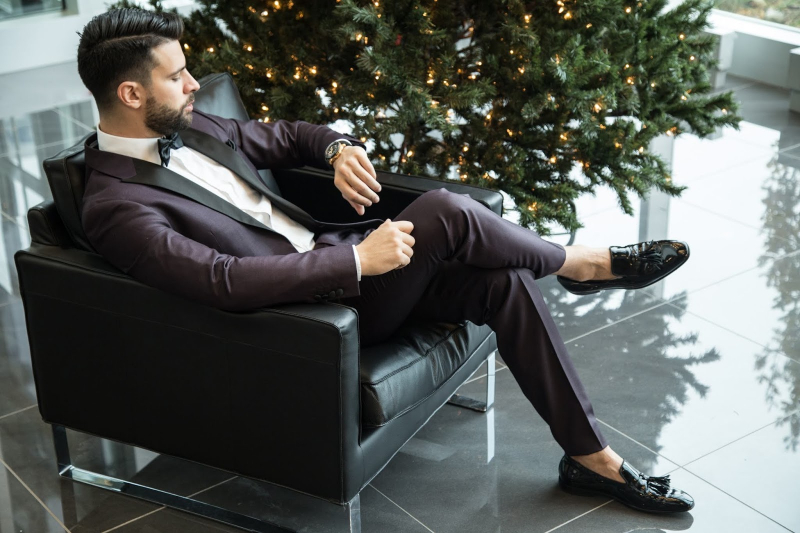
journeyinlife.com 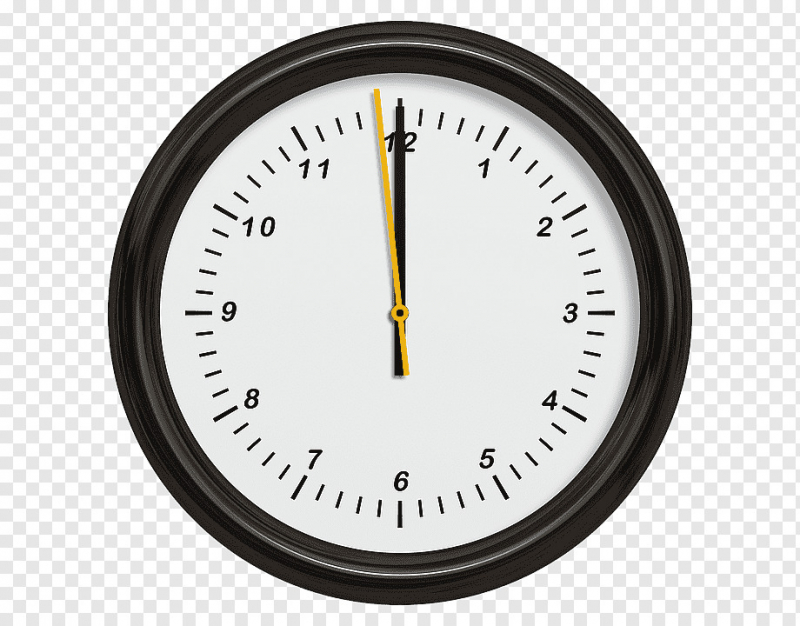
journeyinlife.com -
When greeting someone, don’t make the faux pas of shaking their hand too firmly, as this is seen as a sign of aggression. A light handshake between men is the accepted custom. Women often greet casual and business acquaintances with a hug and air kisses on each side of the cheek. Buenos is what people usually say when greeting, while Buenos dias or Buenos tardes (good morning or good afternoon) is used in formal occasions.
Panamanians take titles quite seriously and addressing people by their titles is considered a sign of great respect. Don is the title used for men, while Dona is used for women, followed by the surname. This also applies to professionals like doctors, lawyers, engineers, or professors. When saying goodbye, adios is the preferred term, but ciao is also used commonly today.
Those who avoid maintaining eye contact during a conversation out of shyness may, unfortunately, be committing a major faux pas. Eye contact is regarded as a sign of integrity. Panamanians, unlike people in other Central and Latin American countries, prefer personal space and avoid touching during conversations.
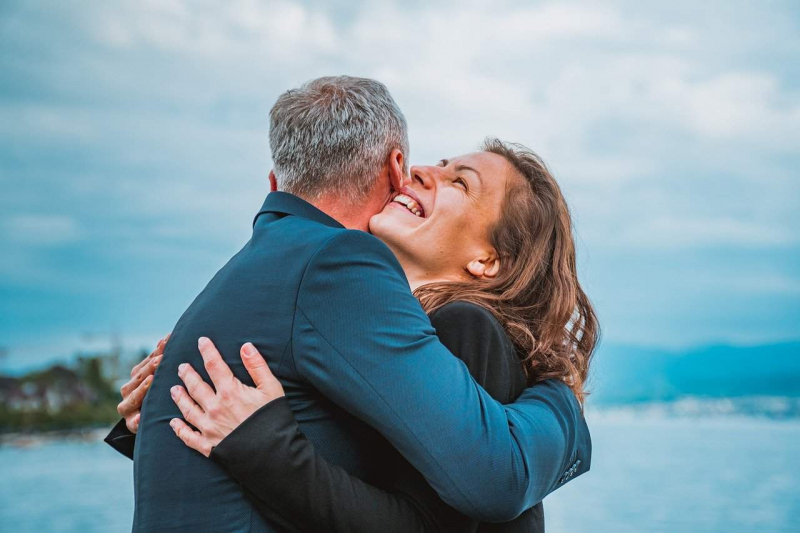
escapeartist.com 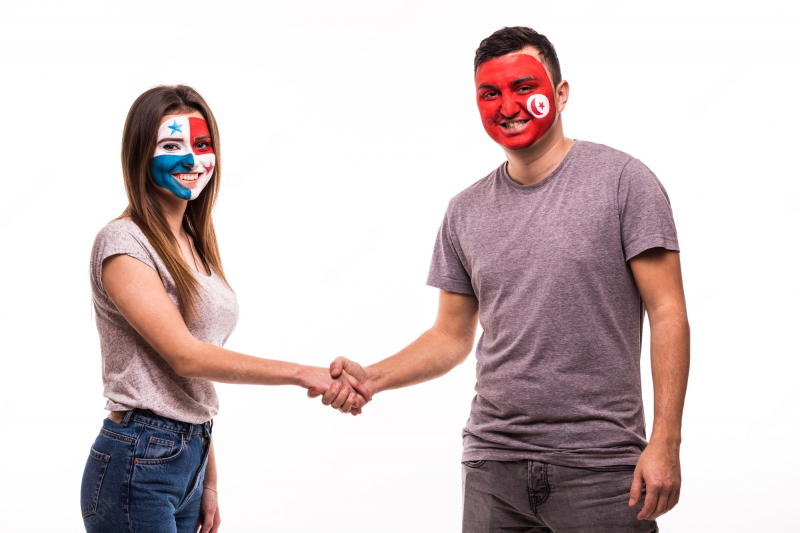
freepik.com -
In Panama, tipping is not compulsory but is good etiquette and supplements the low wages of the employee. It’s normal to tip for good service in restaurants, bars, and hotels in Panama - especially in touristy or business areas.
- At most hotels in Panama, a 10% service charge is usually already figured into the overall tab. However, tipping individual staff directly is sometimes appropriate. An appropriate tip for hotel porters or bellboys is about $1 - $2 per bag. However, they should only expect tips in more expensive hotels. An appropriate tip for housekeeping would also be about $1 - $2 per day.
- For tour guides, a tip of $10 per day is appropriate. The best option is to factor in the total cost of the tour, the duration of the tour, and the quality of service you receive.
- At restaurants in Panama, gratuity is not usually included in the final bill. Therefore, it is customary to tip 10%. Tipping is based on the reward of good service rather than an obligation.
- In Panama, it is not customary to tip taxi drivers. However, rounding up taxi fares is a great way of showing your appreciation for the driver.
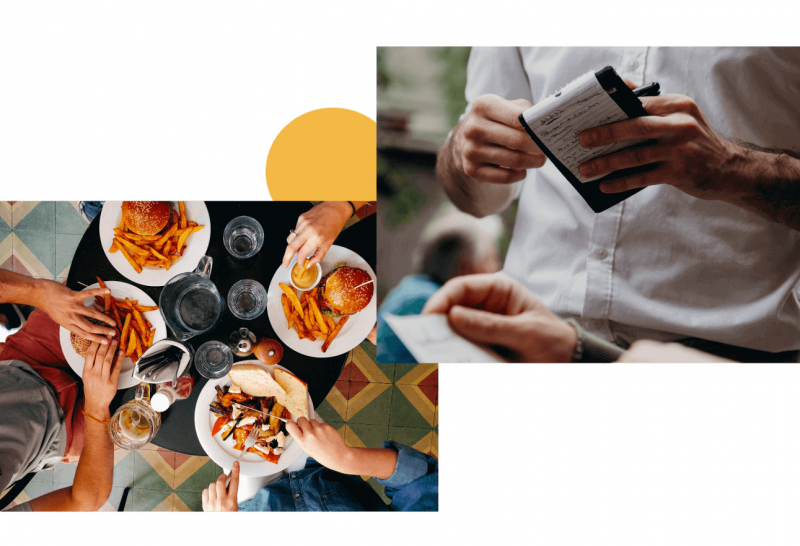
freepik.com 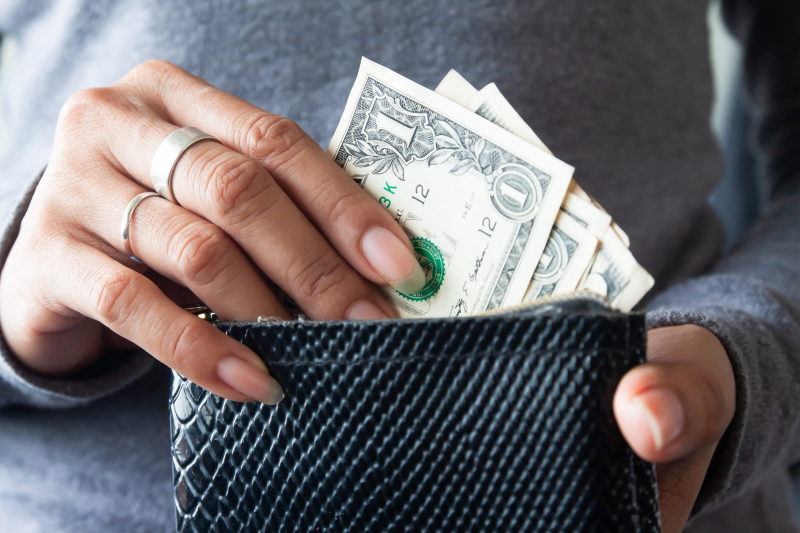
rd.com -
It is not only a faux pas to go shirtless in any city and town in Panama, but it is also illegal. Panamanians are very stylish, casual dress in Panama is still quite formal, and personal appearance and hygiene are a high priority. Men and women wear suits and dresses even when the weather is hot. This doesn’t mean that you should not dress comfortably. For casual outings, a pair of jeans and a clean collared shirt work well.
Shorts and sandals are neither common nor expected attire. Wear comfortable clothes, but always try to maintain a stylish appearance; this is especially true in cities, but less so in rural areas. Longer linen shorts are fashionable for sporting events. Women would be making a big mistake if they wore jeans to a night out instead of formal attire. It is not necessary to constantly splurge on designer clothing. It only takes a neat, well-groomed appearance and a little confidence to blend in with the Panamanians.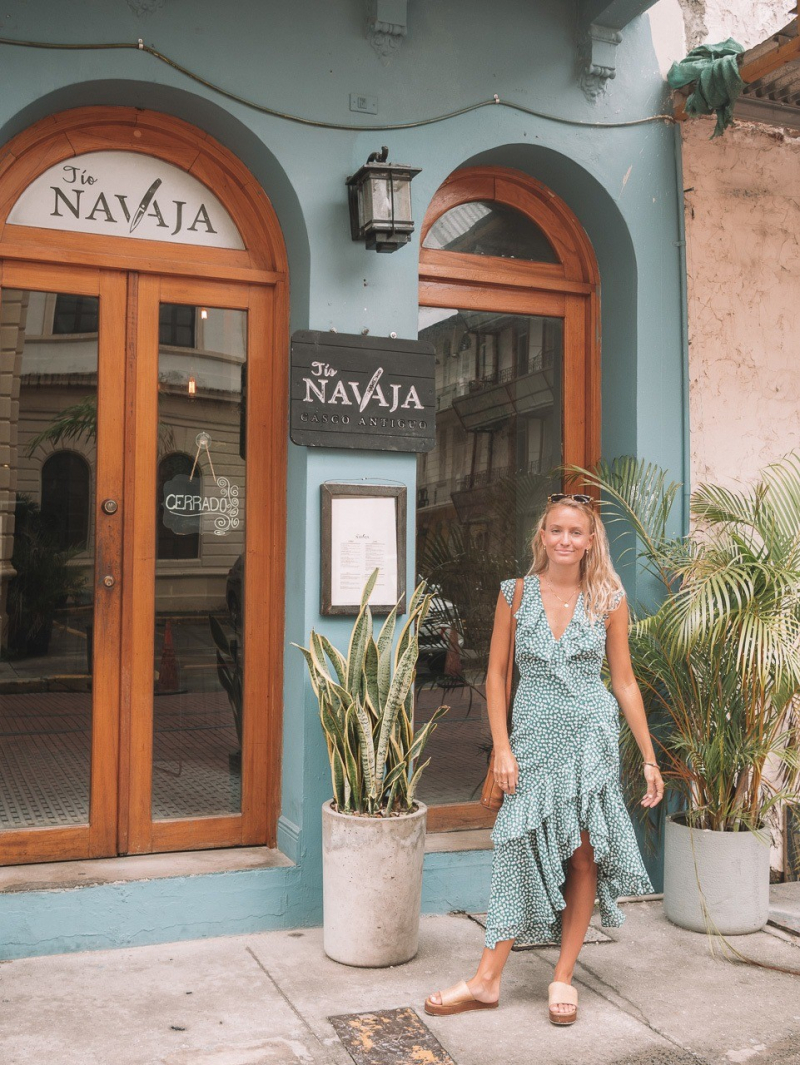
hippie-inheels.com 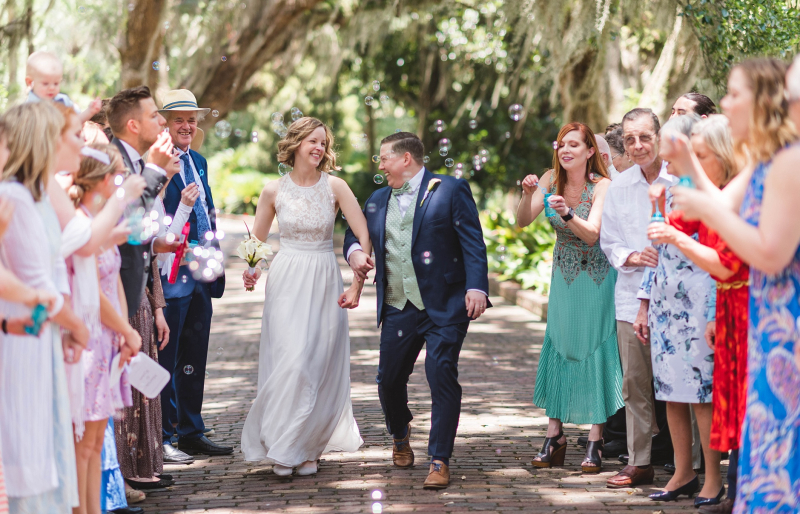
ashleymorse.com -
People getting married when they are living in Panama can discuss it all in person with the local authorities. If neither partner is living in the country but they want to get married there it is very advisable to consult a relevant lawyer. In rural areas, common-law marriages are usual, while in urban areas church weddings are common. To marry in a church, a couple must get a license and receive religious instruction before a church official can perform the ceremony.
The father is traditionally the head of the family, and the mother generally takes responsibility for the home. Less than one-third of the labor force is female. The extended family has become less important than it used to be, but adult children expect to care for their aging parents, even if they do not live with them. A large number of births in Panama take place out of wedlock, especially in rural. Families in urban areas often live in rented apartments, while those in rural areas may own small homes.
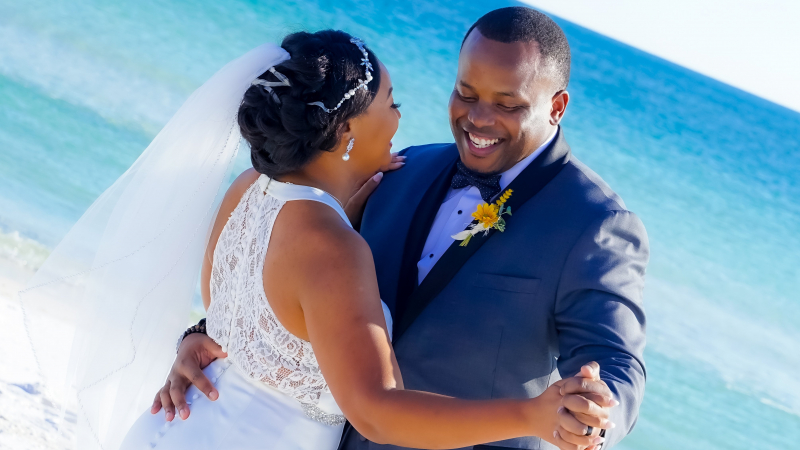
simplepcbwedding.com 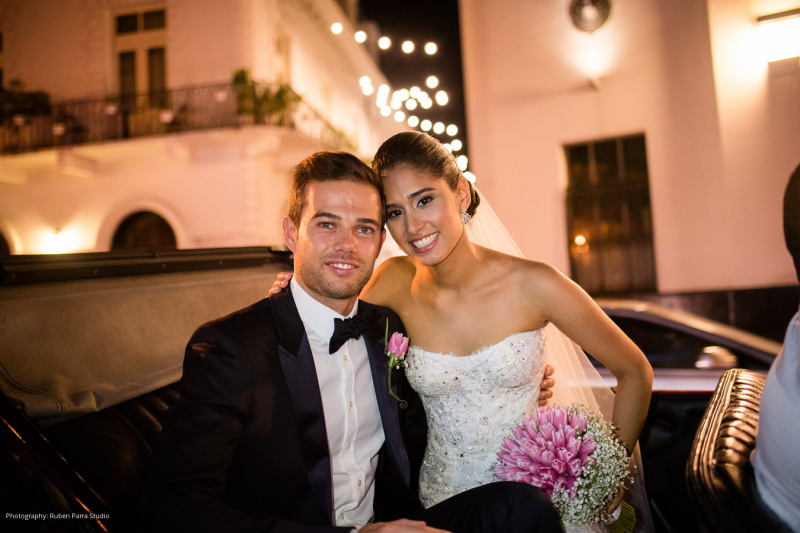
weddingstylemagazine.com -
Roman Catholicism is the predominant religion in Panama, and is followed by Protestantism in terms of followers and adherents. There are other religions or religious denominations and communities in many parts of the country, allowed by the Constitution that guarantees freedom of religion. This freedom is taken to mean the authorized practice of all forms of religion among the inhabitants.
Roman Catholicism is said to have 2.5 million members in the country divided into six dioceses. The Diocese of Panama is the oldest in the Americas, founded in 1514 by Franciscan missionaries and other groups of missionaries who influenced much of the country's religious beliefs, primarily Roman Catholicism. Numerous festivals and celebrations mark the religion, such as the Carnaval, which takes place before Lent, and the festivals held in the country's various regions and towns.
The other religions of Panama are known to include the Bahai Faith Community, which maintains seven houses of worship in the country; the Church of Jesus Christ of Latter Day Saints (Mormons) with over 40,000 members, Seventh Day Adventists, Jehovah’s Witnesses, and Episcopalians with 7,000 to 10,000 members each; and the Jewish, Muslim, Hindus, and Buddhist communities, each having 10,000 members. The Muslims are said to be of Lebanese, Palestinian and Indian descent.
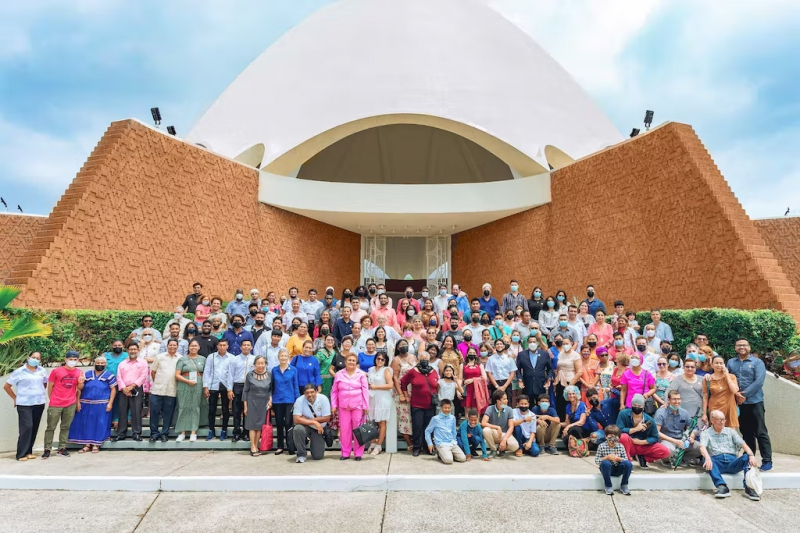
bahai.org 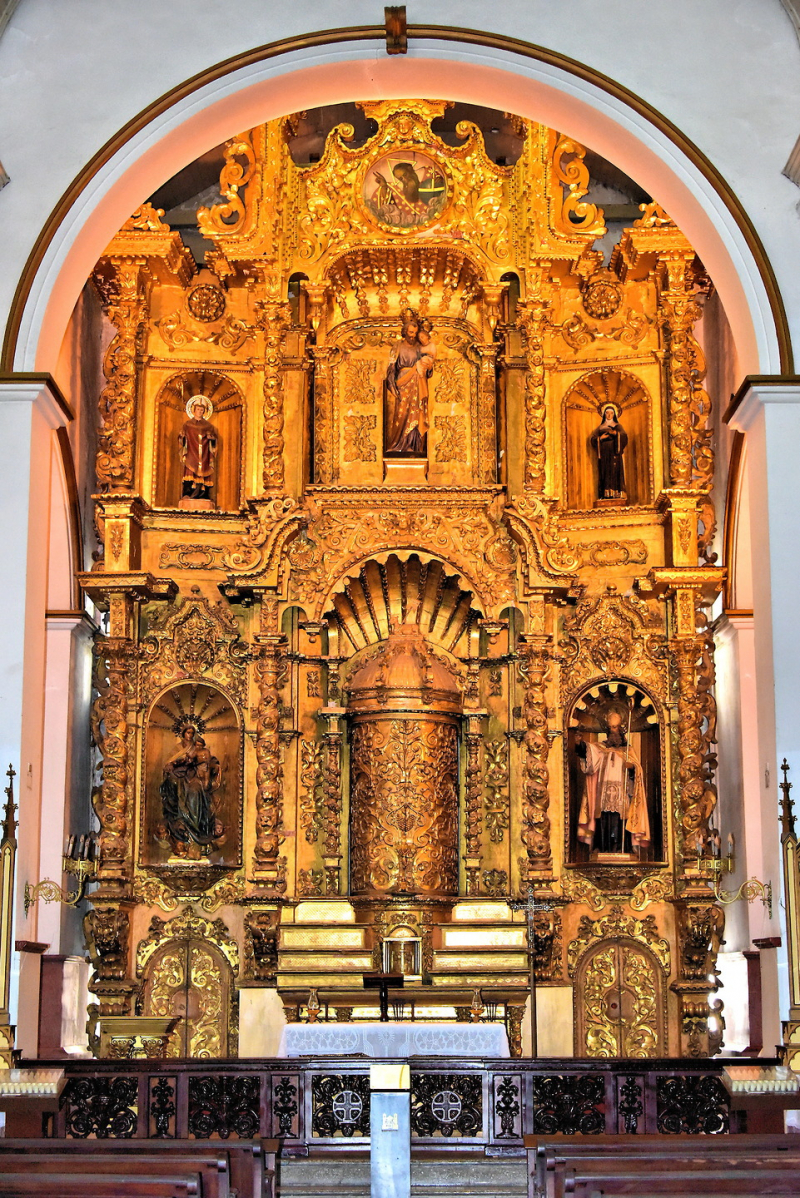
encirclephotos.com




























